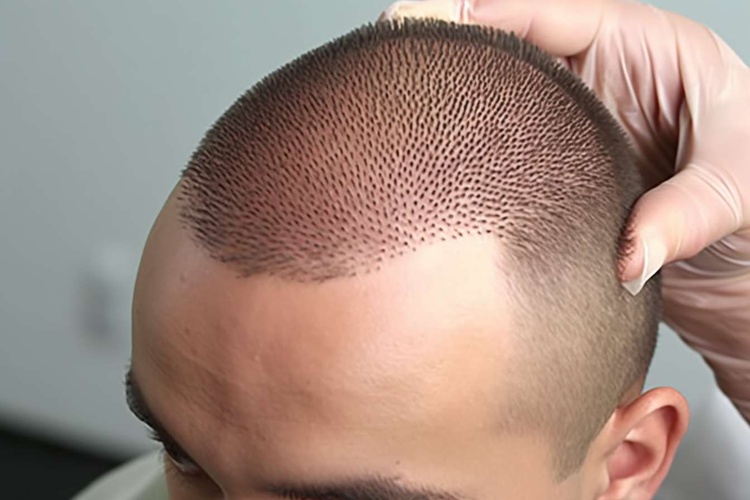Paving the Path to Wellness: The Renaissance of Pilates
In our quest for fitness, we often overlook the philosophical and historical roots of the practices we adopt. One such discipline is Pilates, a method often reduced to a mere series of exercises. Pilates is, in fact, a profound philosophy of wellness, a practice that has evolved over the last century, redefining our understanding of fitness, strength, and mental health.

The Origins and Evolution of Pilates
The Pilates method, originally known as “Contrology,” was developed by German-born Joseph Pilates in the early 20th century. Inspired by his personal experiences and influences from yoga, gymnastics, and martial arts, Pilates conceived a system aimed at conditioning the body and mind. His unique approach emphasized mindful movement, core strength, flexibility, and balance.
Despite its early popularity among dancers and performers, Pilates remained relatively niche until the late 20th century. The wellness revolution of the 1980s and 1990s sparked a renewed interest in Pilates, transforming it from a specialist practice into a mainstream fitness sensation.
Current Trends and Innovations in Pilates
Today, Pilates is experiencing a renaissance, fueled by a growing awareness of the importance of holistic wellness. A significant trend in Pilates is its fusion with other fitness methodologies, resulting in hybrid workouts such as Yogalates and Barre Pilates.
Moreover, the rise of technology has given birth to digital Pilates platforms, allowing practitioners to access classes from the comfort of their homes. These developments reflect the industry’s adaptability, ensuring Pilates remains relevant and accessible in an ever-evolving fitness landscape.
The Benefits of Pilates: Beyond Physical Fitness
Pilates’ enduring appeal lies in its myriad benefits that extend beyond physical fitness. Regular practice improves posture, enhances flexibility, and builds core strength. However, Pilates also emphasizes the mind-body connection, promoting mindfulness, stress reduction, and mental well-being—a distinct advantage in our stress-laden society.
Pilates and Its Industry Impact
The impact of Pilates on the fitness industry is significant. Its popularity has led to an increase in demand for certified Pilates instructors, contributing to job growth in the fitness sector. Additionally, Pilates studios have become a staple in fitness centers globally, highlighting its commercial viability.
Moreover, Pilates has influenced the development of fitness equipment. The Pilates reformer, a specialized machine designed by Joseph Pilates, has evolved into a sophisticated apparatus, driving innovation in fitness equipment manufacturing.
The Future of Pilates: A Sustainable Practice
As our understanding of health and wellness evolves, so too does Pilates. The future of this practice lies in its adaptability and its commitment to holistic wellness.
As an evidence-backed method, Pilates continues to gain recognition in the medical community for its role in injury prevention and rehabilitation. Moreover, its emphasis on mental well-being aligns with the growing trend of mindfulness in wellness.
In conclusion, Pilates is more than a series of exercises—it’s a comprehensive approach to wellness that has stood the test of time. Its history, benefits, and industry impact serve as a testament to its relevance in today’s fitness landscape. By embracing Pilates, we don’t just enhance our physical fitness; we embark on a journey towards holistic wellness, paving the path for a healthier, happier life.




